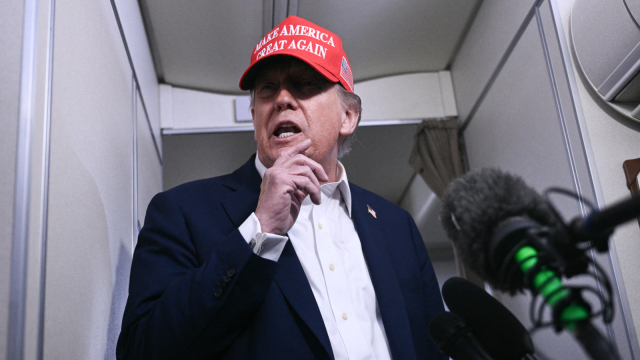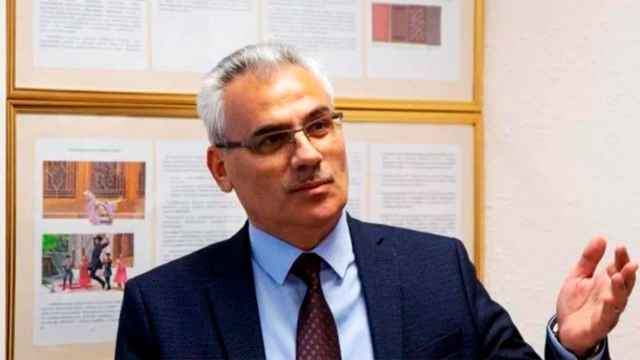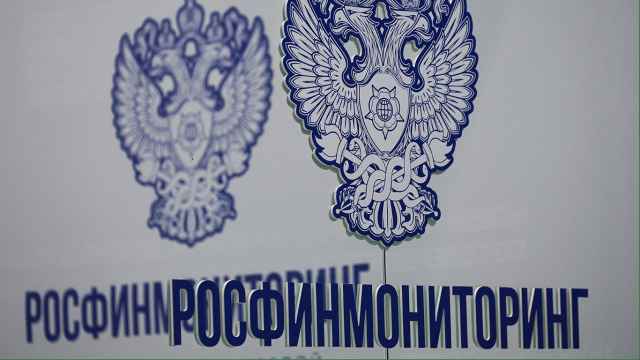International companies doing business in Russia will be subject to greater scrutiny by the United Kingdom beginning in April, when a draconian anti-corruption law enters into force, lawyers warn.
The U.K. Bribery Act will apply to any company that has an office in Britain or sells its products there. It applies a "zero tolerance" principle, making companies liable for their own and their partners' corrupt practices, even if there is no connection with the British part of the business or the companies were not aware of the corruption.
Justin Williams, a partner in the Akin Gump international law firm, said the law differs in significant ways from the U.S. Foreign Corrupt Practices Act, under which companies such as Siemens, Daimler and Shell have been prosecuted.
For example, the British law applies to private citizens as well as companies, and to both the giver and receiver of a bribe. Furthermore, it criminalizes failure to prevent bribery. Plea bargaining will not be allowed in the law's enforcement.
Punishment includes unlimited fines for companies and individuals, and prison terms for up to 10 years.
"Companies need to know where to draw the line of resistance and how far to push back," Williams said.
The law is written to be broad and vague, Williams said. The only defense under the law is the presence of "adequate procedures" to counteract corruption. Guidelines are being drafted to define those procedures, but only in the form of a general outline. Companies are expected to be aware of the environment they operate in and use their own judgment, and be accountable for their actions.
The law also includes the concept of prosecutorial discretion, meaning that it can be applied "sensibly," Williams said, adding that the extent of the "political appetite" to apply the law is not yet clear.
The fight against global corruption is succeeding, said Edward Rubinoff, another Akin Gump partner.
He said U.S. companies have been placed at a competitive disadvantage by the American Foreign Corrupt Practices Act, which led the U.S. Justice Department to lobby the Organization for Economic Cooperation and Development over the last five years for greater international enforcement.
The goal of the law is to "force change organically, in spite of long-standing customs and cultural norms," Rubinoff said.
Corruption is driven by financial conditions, he said. The collective economic power of the United States and its allies is felt on local markets even where their laws do not apply, and that is key to the success of anti-corruption efforts.
A series of anti-corruption laws came into force in Russia at the beginning of 2009, as an element of the National Plan of Counteraction of Corruption, passed by President Dmitry Medvedev soon after he assumed office.
"[The Russian laws] do not apply to legal entities," said Kirill Kabanov, chairman of the National Anti-Corruption Committee. It will be necessary to extend the anti-corruption system being created by the president to companies, he said.
Kabanov criticized the slow and passive implementation of anti-corruption measures in Russia. Some of the steps taken have been purely for show, he said.
Russia, though, is joining the fight against corruption internationally. The 2010-11 Anti-Corruption Strategy approved by the president in April included the criminalization of foreign bribery.
A Message from The Moscow Times:
Dear readers,
We are facing unprecedented challenges. Russia's Prosecutor General's Office has designated The Moscow Times as an "undesirable" organization, criminalizing our work and putting our staff at risk of prosecution. This follows our earlier unjust labeling as a "foreign agent."
These actions are direct attempts to silence independent journalism in Russia. The authorities claim our work "discredits the decisions of the Russian leadership." We see things differently: we strive to provide accurate, unbiased reporting on Russia.
We, the journalists of The Moscow Times, refuse to be silenced. But to continue our work, we need your help.
Your support, no matter how small, makes a world of difference. If you can, please support us monthly starting from just $2. It's quick to set up, and every contribution makes a significant impact.
By supporting The Moscow Times, you're defending open, independent journalism in the face of repression. Thank you for standing with us.
Remind me later.





